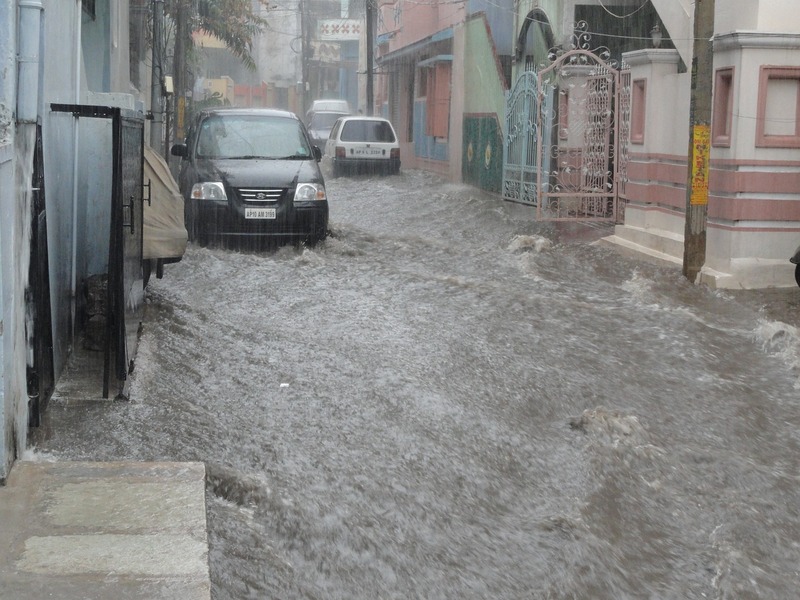
Water is the double-edged sword of dwelling elements — life-sustaining and the source of multiple risks. For homeowners, property managers, and DIY enthusiasts, dealing with water-induced damages is not just about repair, it's a proactive strategy to safeguard against potential devastation. The following comprehensive guide to water protection and management will help you mitigate risks and protect your property against the unseen perils of moisture.
1. Review Your Insurance Policy
Policies can often be labyrinthine, and many homeowners are unaware of their exact allowances and exclusions until the worst has occurred. Regularly reviewing your policy and speaking to an insurance agent can ensure you're adequately covered. For instance, water damage restoration in Vermont claims may be covered under flood insurance, but not necessarily home insurance. Stay informed and updated on your policy to avoid being caught unprepared. Consider additional flood insurance if you live in an area prone to such disasters. Remember, ignorance is not bliss; it's a flooded basement or a rotten foundation waiting to happen.
2. Regular Maintenance and Inspections
The cliché "an ounce of prevention is worth a pound of cure" holds exceptionally true with water damage. Regular maintenance of your plumbing, roof, and structure is key. Invest in professional inspections annually and after major weather events. A small leak might be an easy fix if caught early, but it could turn into a full-blown rupture, causing thousands in damages, not to mention potential health hazards from mold growth. It might be tempting for homeowners to try DIY repairs, but when it comes to water damage prevention and management, always trust a professional.
3. Install Water Detection Devices
In the silent wars against water, technology can be your most valuable ally. Water detection devices are highly effective for spotting leaks before they become a sodden nightmare. From simple alarms to smart sensors that sync with your phone, these affordable gadgets can provide an early warning system. The investment is trivial compared to the cost of undetected water damage, and it gives you something invaluable – time to act. Moreover, some insurers offer discounts for homeowners with water detection systems in place, so it's a win-win.
4. Improve Drainage Systems
Your property's drainage systems are its first line of defense against water. Ensure that your gutters are free of debris and downspouts direct water at least five feet away from the foundation. Consider installing French drains or a sump pump in vulnerable areas. Correcting slope and grading issues near your home can prevent water from pooling against your foundation, one of the most common yet preventable causes of basement flooding. Regarding drainage, the more proactive you are, the better.
5. Use Water-Resistant Materials
When building or renovating, selecting the right materials can make a world of difference in your defenses against water. Opt for water-resistant drywall, paints, and coatings in high-risk areas. For tile grouts and sealants, exceed standard recommendations to ensure a watertight seal. Properly installed and maintained siding, flashing, and roof materials can keep moisture from seeping into your home. Furthermore, choose flooring materials that can withstand water exposure, such as vinyl or ceramic tile. Prevention is always cheaper than restoration.
6. Develop a Rapid Response Plan
Having a plan of action in place for when water damage occurs is critical. Know the location of shut-off valves for your water supply and have the necessary tools nearby. Identify a reliable contractor ahead of time — the last thing you want to do during an emergency is to scroll through listings and reviews. Create a concise, step-by-step response guide for you and your household, so everyone knows what to do in case of a water emergency.
Water-induced damages are a relentless force, but they are not invincible. With a combination of proactive techniques and a clear understanding of your property's risks, you can minimize your vulnerability to water-related disasters. Insurance wisdom, diligent maintenance, strategic technology integration, material savvy, and a meticulous rapid response plan form an impenetrable shield against the siege of water. Start implementing these strategies today, and you will not only better protect your property but also find peace of mind in the battle against water's capricious nature.
Previous Article